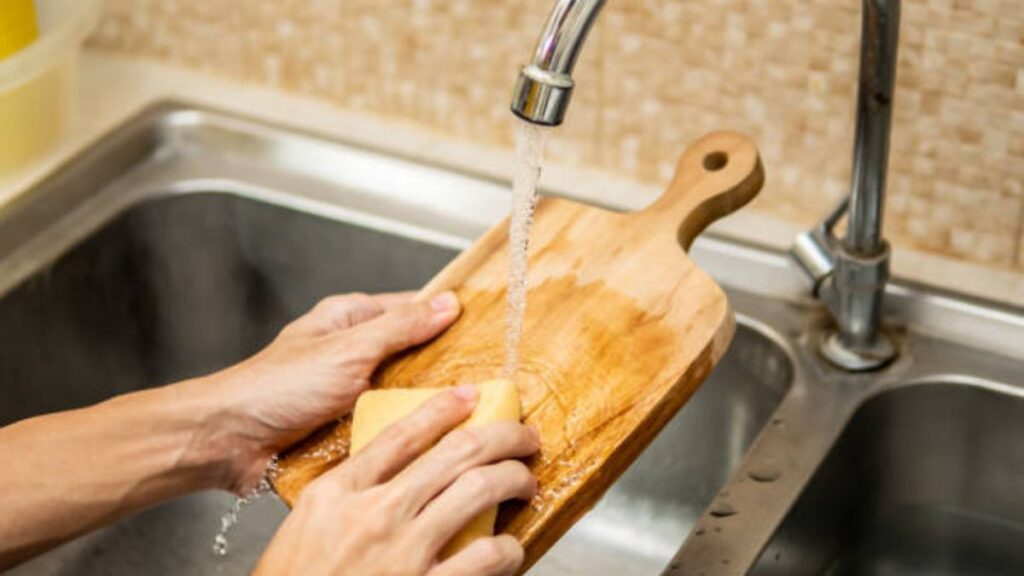Use a Wooden Chopping Board? Stop Immediately and Switch to Safer Options

Wooden cutting boards have long been a kitchen staple, but recent findings suggest they might not be as safe as we once thought. While they’re often preferred over plastic boards, their porous nature makes them a breeding ground for bacteria and fungi, posing serious health risks. Experts are now urging people to switch to safer alternatives like bamboo, glass, or stainless steel boards.
The Hidden Dangers of Wooden Cutting Boards
Wood is naturally porous, which means it absorbs moisture from foods like tomatoes, raw chicken, or garlic. According to Varsha Gor, a senior clinical dietician at Apollo Hospitals in Navi Mumbai, this moisture creates an ideal environment for harmful bacteria and fungi to thrive. Over time, scratches and cracks on the board’s surface make it even harder to clean, allowing pathogens like Salmonella, E. coli, and Listeria to grow. These bacteria can contaminate food and lead to serious health issues.
Additionally, small wood chips from worn-out boards can mix with food, potentially causing gastrointestinal damage when ingested. This is especially concerning for young children and the elderly, who are more vulnerable to infections.
Health Risks You Can’t Ignore
Using wooden cutting boards can lead to a range of health problems:
- Foodborne illnesses: Pathogens like E. coli and Salmonella can cause fever, diarrhea, vomiting, and gastrointestinal infections.
- Gastrointestinal damage: Ingesting wood particles from old boards can harm the intestines.
- Cross-contamination: Cutting meat, fish, vegetables, and fruits on the same board increases the risk of transferring harmful microorganisms between foods.
Safer Alternatives to Consider
If you’re still using a wooden cutting board, it’s time to explore these safer options:
- Bamboo: An eco-friendly and durable material, bamboo has fewer pores than wood and resists water absorption.
- Glass or acrylic boards: These non-porous options are easy to clean and maintain.
- Stainless steel boards: Known for their durability and ease of cleaning, steel boards are becoming increasingly popular in modern kitchens.
Making the switch to these alternatives can significantly reduce the risk of food contamination and protect your family’s health.







